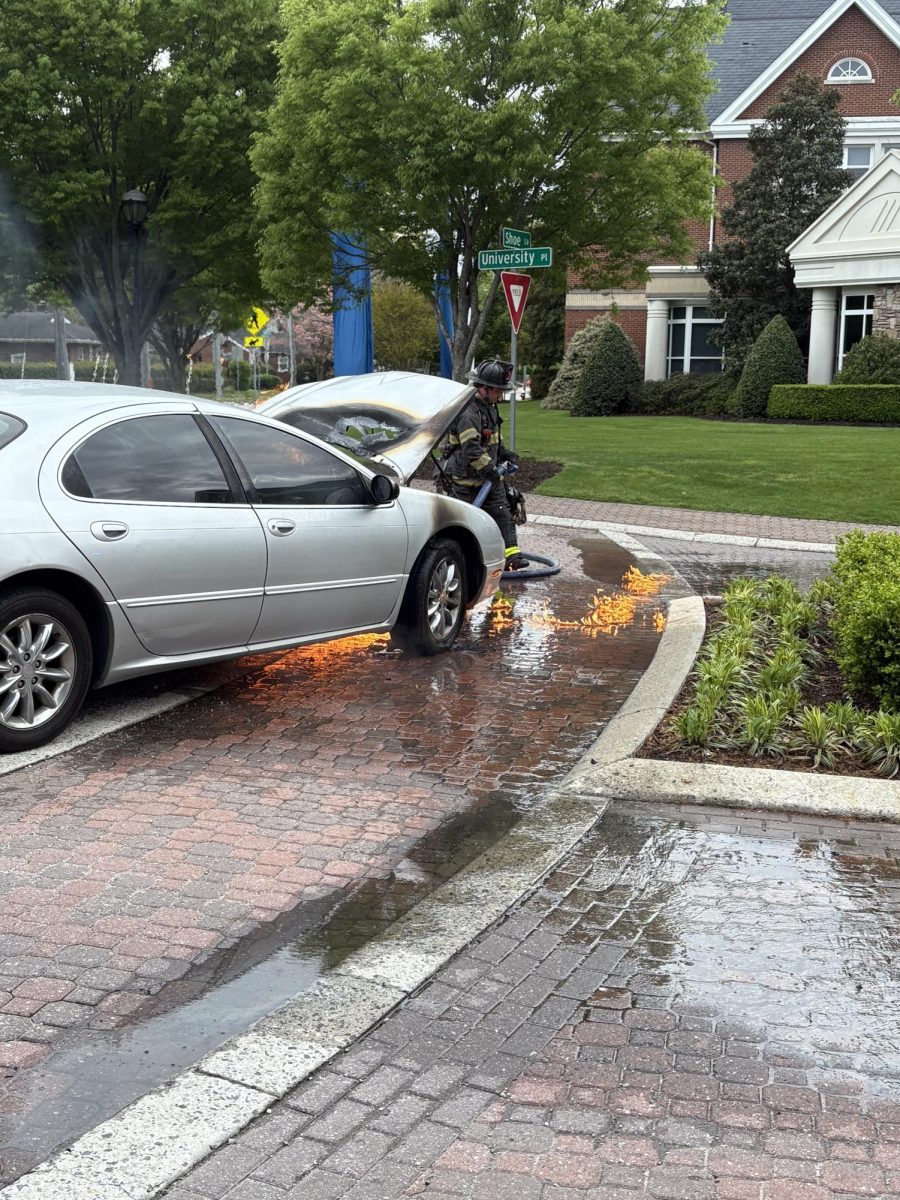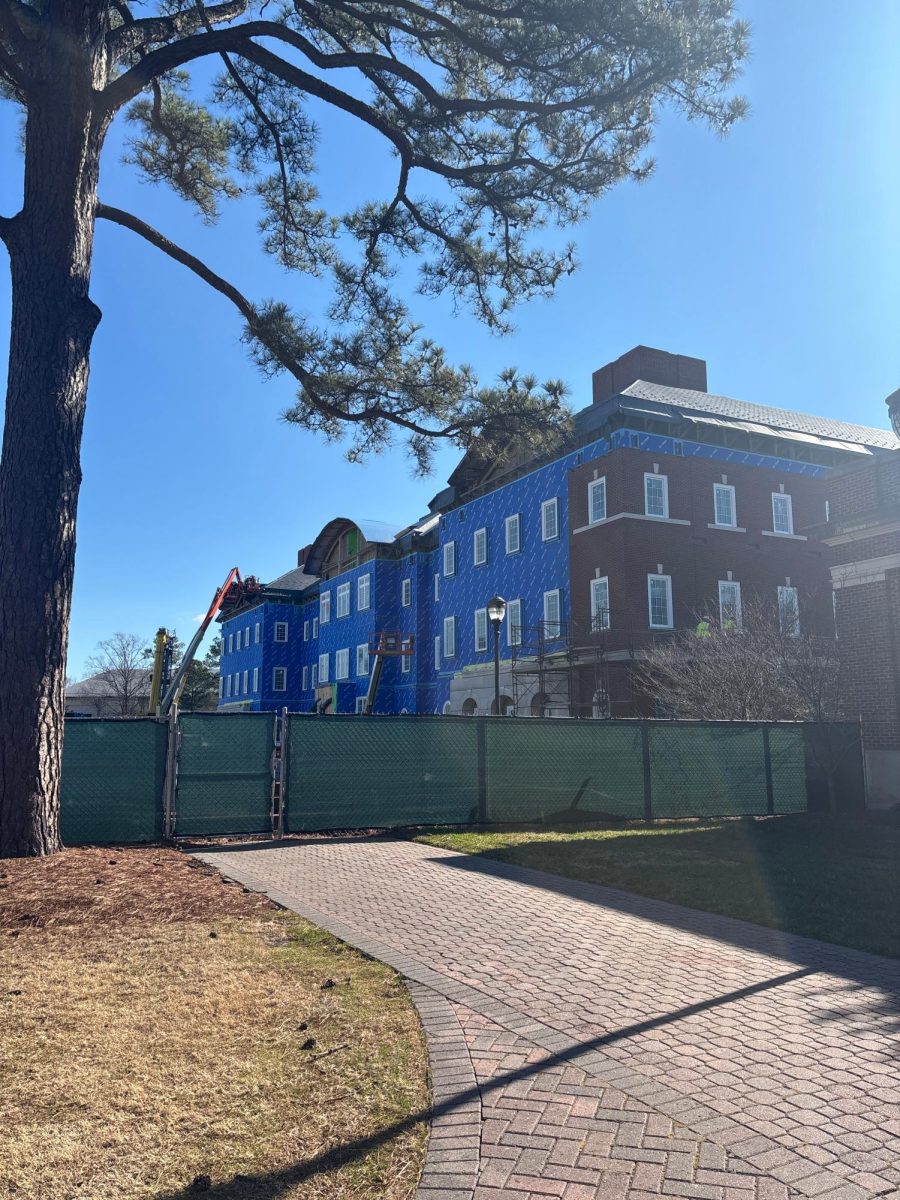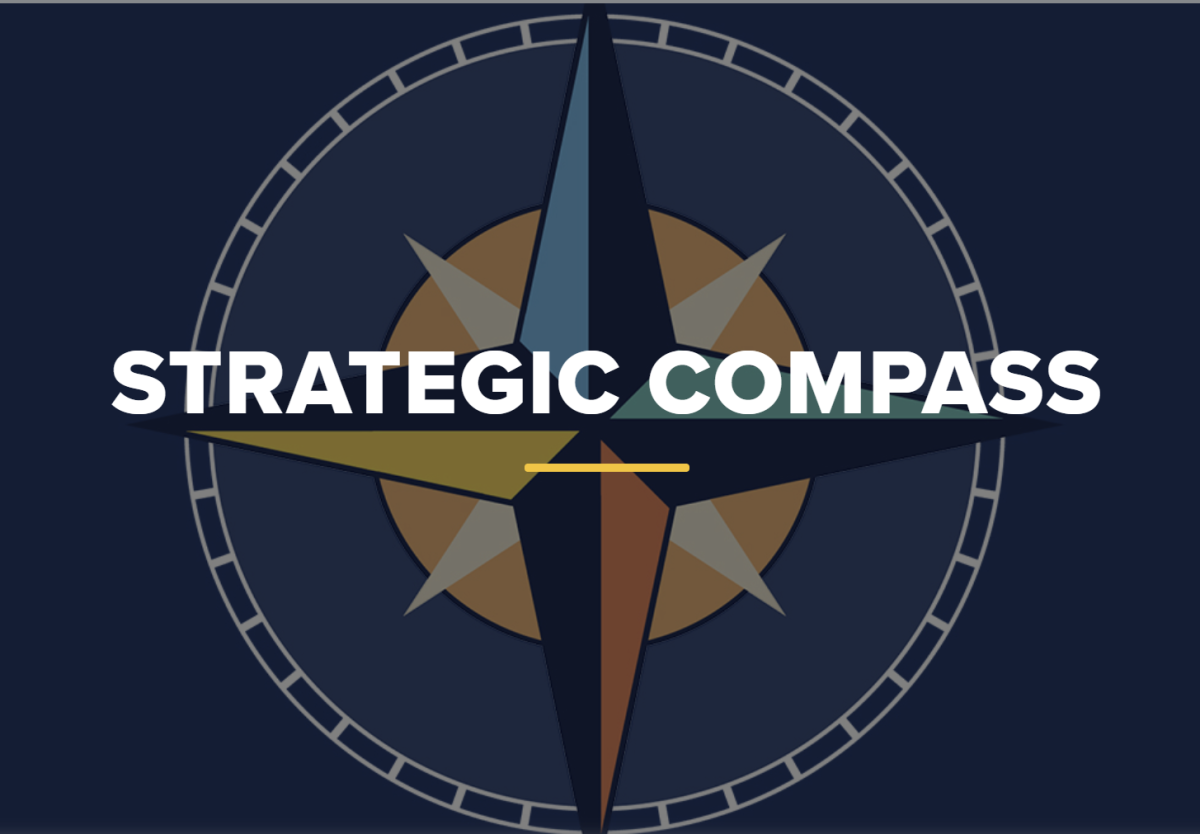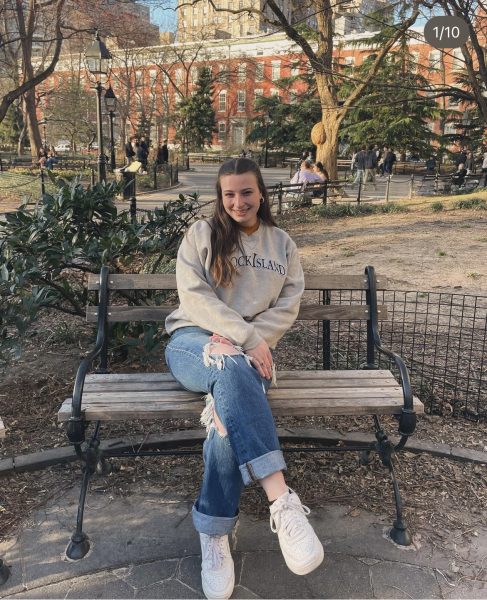A student-focused Town Hall meeting was held at Christopher Newport University (CNU) on Monday, Feb. 10. The meeting was in collaboration with the Student Government Association (SGA) in order to focus on student learning and outcomes with its next Quality Enhancement Plan (QEP). Many members of CNU administration were in attendance, including Lynn Shollen, QEP Director and Associate Professor, Brian Larson, Associate Dean of Students,
Per CNU’s website, a QEP “serves as a way for our accreditors to ensure that we continue to grow our commitment to enhancing CNU’s quality and effectiveness in the realm of student learning and/or success.” The six QEP topics were brought up during the meeting to gather thoughts from students on them, which are: College Readiness & Academic Support, Artificial Intelligence (AI) Literacy & Information Fluency, Career & Workforce Readiness, Civil Discourse, Experiential Learning and Interdisciplinary & Systems Thinking.
“[CNU administration] wanted to know which of the topics stuck out to us the most and which topics could be combined,” CNU freshman Nia Davis explained.
Per a handout given at the meeting, which gives a more in depth explanation of each topic, College Readiness & Academic Support will emphasize “the initial preparation students need for academic, social and personal success at CNU while also providing them with ongoing assistance to succeed.” This topic will work on helping students be ready for college, both socially and academically, with examples including CNU having summer programming and more focus on mental, physical and emotional health of students while attending CNU.
The AI Literacy & Information Fluency will work on “equipping students with skills to navigate, interpret and apply information effectively in the data-driven world accompanied with various digital technologies and artificial intelligence,” as well as empowering students to make responsible decisions with AI.
Career & Workforce Readiness “focuses on preparing students for success in a rapidly evolving job market and for graduate-level education” which could include “providing opportunities for expanding leadership abilities, teamwork capacity and cultural competence.” For example, students would have more opportunities to participate in community-engaged learning, studying abroad, internships and supervised leadership roles.
Civil Discourse will focus on “teaching students how to constructively engage with others on controversial issues in a way that promotes expansion of knowledge, understanding and mutual respect.” Possible ways to do this include welcoming speakers from diverse backgrounds and promoting collaborations among student organizations.
Experiential Learning will “[provide] opportunities for ‘learning by doing’ with a heavy dose of reflection…[through] interactive exploration, experimentation, cooperation and problem-solving.”
Finally, Interdisciplinary & Systems Thinking deals with preparing students to “tackle complex, interconnected problems by leveraging skills from multiple academic fields, applying a systems-level lens, and engaging in meaningful, collaborative learning experiences.” This could include “building upon existing interdisciplinary collaborations and developing new ones, providing opportunities for more (and more meaningful) interdisciplinary experiences in academic pathways and fostering students as systems thinkers.”
“They wanted to know which of the topics stuck out to us the most and which topics could be combined,” CNU freshman Nia Davis said.
Davis is also a member of SGA and The Captain’s Log. She further explained that College Readiness & Academic Support seemed to be the most popular [QEP topic] and the one that a majority of people felt was the most important.
Various students who attended the Town Hall meeting were able to share their thoughts and concerns about each topic, with some stressing the importance of students coming from different backgrounds and ways to continue to set CNU apart from other universities.
Lynn Shollen, QEP Director and Associate Professor, added that all six of these topics are important, but “QEP is designed to be a kind of targeted, focused thing.” She added that the Board of Visitors has also recently approved a strategic plan as a way for all these topics to get more attention, whether or not they will be chosen as the QEP topic.
Scan the QR code below to fill out a survey by tomorrow, Feb. 14, to help the QEP identify answers to six preliminary topics to help the student body.








